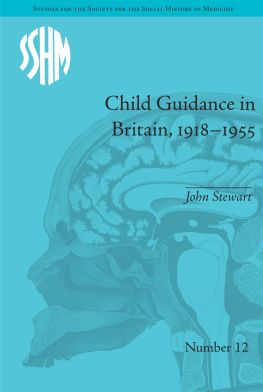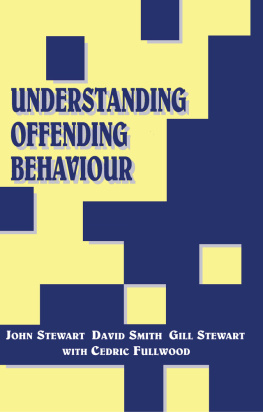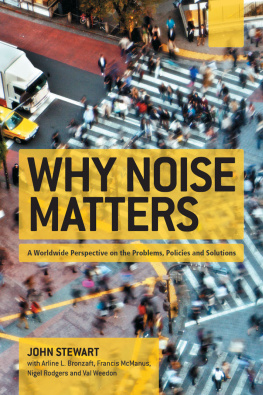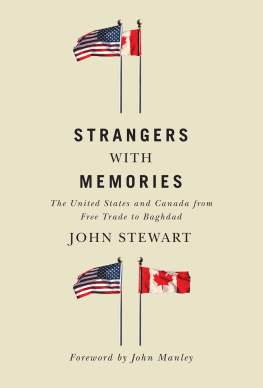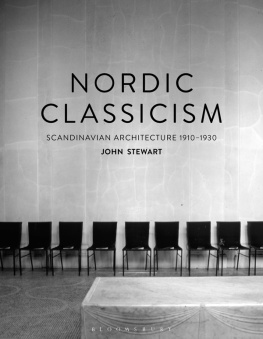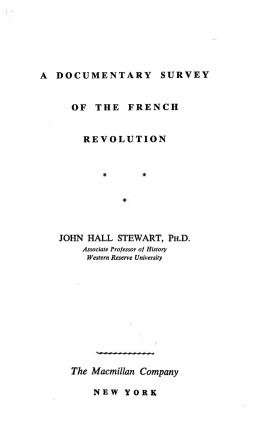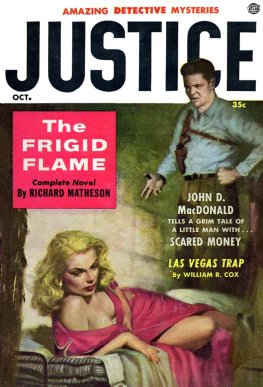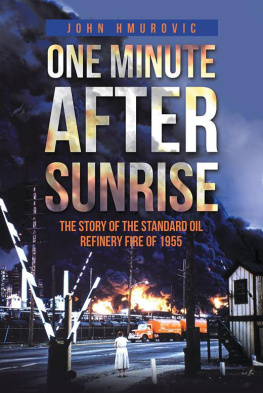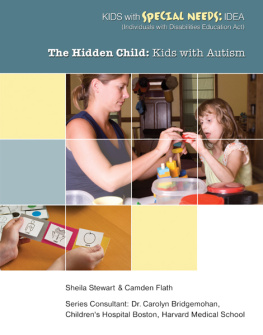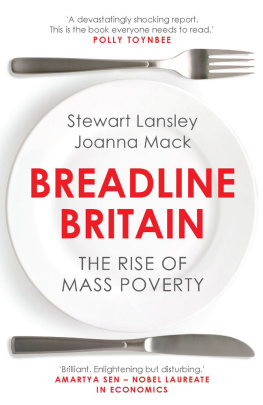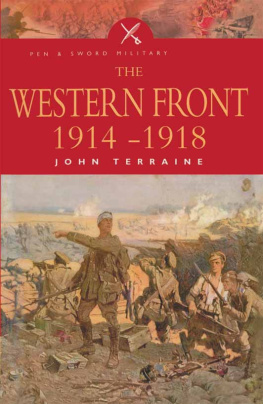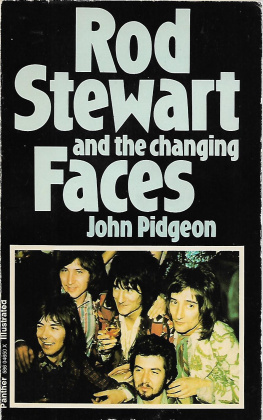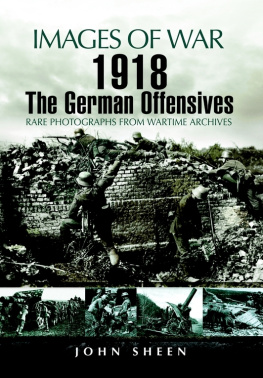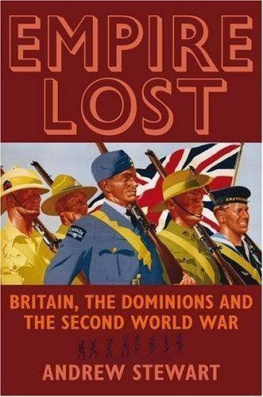John Stewart - Child Guidance in Britain, 1918–1955
Here you can read online John Stewart - Child Guidance in Britain, 1918–1955 full text of the book (entire story) in english for free. Download pdf and epub, get meaning, cover and reviews about this ebook. year: 2015, publisher: Routledge, genre: Religion. Description of the work, (preface) as well as reviews are available. Best literature library LitArk.com created for fans of good reading and offers a wide selection of genres:
Romance novel
Science fiction
Adventure
Detective
Science
History
Home and family
Prose
Art
Politics
Computer
Non-fiction
Religion
Business
Children
Humor
Choose a favorite category and find really read worthwhile books. Enjoy immersion in the world of imagination, feel the emotions of the characters or learn something new for yourself, make an fascinating discovery.
- Book:Child Guidance in Britain, 1918–1955
- Author:
- Publisher:Routledge
- Genre:
- Year:2015
- Rating:3 / 5
- Favourites:Add to favourites
- Your mark:
- 60
- 1
- 2
- 3
- 4
- 5
Child Guidance in Britain, 1918–1955: summary, description and annotation
We offer to read an annotation, description, summary or preface (depends on what the author of the book "Child Guidance in Britain, 1918–1955" wrote himself). If you haven't found the necessary information about the book — write in the comments, we will try to find it.
Child Guidance in Britain, 1918–1955 — read online for free the complete book (whole text) full work
Below is the text of the book, divided by pages. System saving the place of the last page read, allows you to conveniently read the book "Child Guidance in Britain, 1918–1955" online for free, without having to search again every time where you left off. Put a bookmark, and you can go to the page where you finished reading at any time.
Font size:
Interval:
Bookmark:
Keir Waddington
Erika Dyck and Christopher Fletcher (eds)
J. T. H. Connor and Stephan Curtis (eds)
Ian Miller
Catherine Kelly
Heather R. Beatty
Ali Haggett
Anne Borsay and Pamela Dale (eds)
Soraya Boudia and Nathalie Jas (eds)
Jonathan Reinarz and Kevin Siena (eds)
Mayumi Hayashi
Lynne Fallwell
Linda Bryder and Janet Greenlees (eds)
Alexander von Schwerin, Heiko Stoff and Bettina Wahrig (eds)
Rosemary Wall
Bernd Gausemeier, Staffan Mller-Wille and Edmund Ramsden (eds)
Anna Shepherd
Barry M. Doyle
Howard Chiang (ed.)
John Stewart

2 Park Square, Milton Park, Abingdon, Oxon OX14 4RN
711 Third Avenue, New York, NY 10017, USA
Product or corporate names may be trademarks or registered trademarks, and are used only for identification and explanation without intent to infringe.
Stewart, John, author.
Child guidance in Britain, 1918-1955: the dangerous age of childhood.
(Studies for the Society for the Social History of Medicine)
1. Child welfare Great Britain History 20th century. 2. Child develop
ment Great Britain History 20th century.
I. Title II. Series
362.7'0941'09041-dc23
- APSW Association of Psychiatric Social Workers
- BMA British Medical Association
- BMJ British Medical Journal
- BPS British Psychological Society
- CGC Child Guidance Council
- CMO Chief Medical Officer
- EIS Educational Institute of Scotland
- GP General Practitioner
- LCC London County Council
- LEA Local Education Authority
- LSE London School of Economics
- MOH Medical Officer of Health
- NAMH National Association for Mental Health
- NHS National Health Service
- NUT National Union of Teachers
- PSW Psychiatric Social Worker
- SAMW Scottish Association for Mental Welfare
- SED Scottish Education Department
- SMO School Medical Officer
Font size:
Interval:
Bookmark:
Similar books «Child Guidance in Britain, 1918–1955»
Look at similar books to Child Guidance in Britain, 1918–1955. We have selected literature similar in name and meaning in the hope of providing readers with more options to find new, interesting, not yet read works.
Discussion, reviews of the book Child Guidance in Britain, 1918–1955 and just readers' own opinions. Leave your comments, write what you think about the work, its meaning or the main characters. Specify what exactly you liked and what you didn't like, and why you think so.

